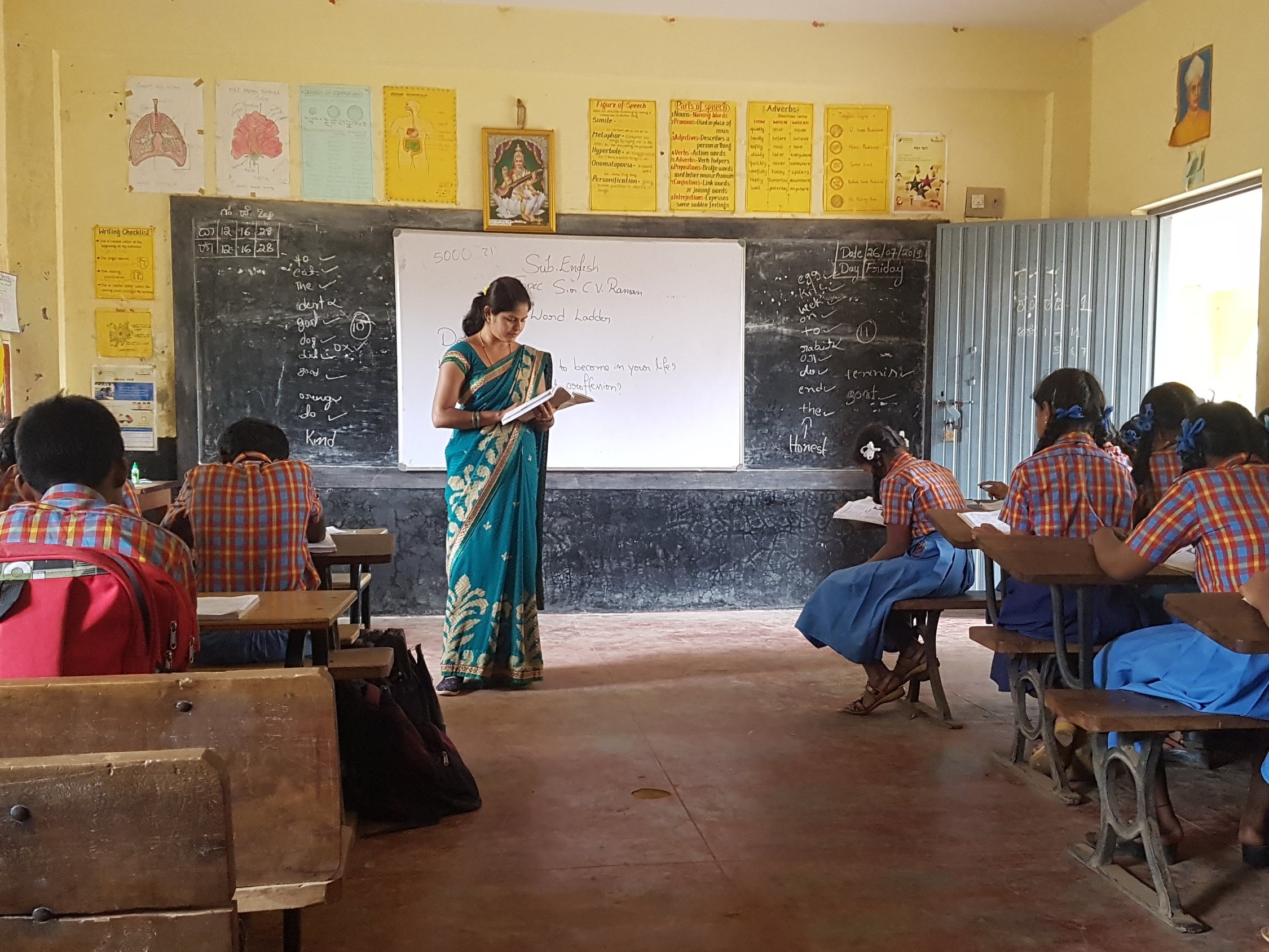STiR started in Delhi in 2012 with just 25 teachers, and by the start of 2017, we had scaled up to operate in 100 schools. We approached the government with our plans to expand to 200 schools, but they had other ideas, asking us to reach all 1,024 schools or not to expand at all. We chose to scale – a hugely exciting decision, but one which gave us little opportunity to plan and systemically adapt and learn.
We therefore invited Education Development Trust, in partnership with the Department for International Development (DFID), to act as a ‘learning partner’ to this scaling. Through our 18-month learning partnership they acted as a critical friend, providing meaningful support and challenge while also capturing wider lessons on scaling for other NGOs interested in scaling education interventions.
Education Development Trust have now published their report on this project, and we’re delighted to be sharing some of the findings, which fall under two main categories. The first set of findings is most relevant for us and the Delhi government as we continue to learn and adapt our model to make it viable in the long term. For example, we learnt more about workforce development, deepening our understanding about which system roles are pivotal in scaling a programme, but also the skillset required within those roles. On the other hand, we also took away wider insights that can be applied for other NGOs trying to scale up their programmes. The report summed up these learnings into eight key insights:
- Successful scaling partnerships do not always feel easy – our collaboration with the Delhi government required skilled management on both sides, as well as alignment of values and practices.
- ‘Scaling an attitude’ is not the same as ‘roll out’ – scaling practices requires very different management to simply ‘rolling out’ interventions. Scaling requires much more adaptation and willingness to learn from ‘positive deviance’.
- Build a broad coalition for change – scalers must adapt to fluctuations and changes within their political environment, putting wide-reaching and positive relationships with commissioners and government bodies at the centre of their approach.
- It’s not always obvious where the power lies – political economy analyses tend to be highly theoretical, but systems are often very different in practice. Scalers need to be prepared to learn about relationships and power structures on an ongoing basis.
- System alignment is a marathon not a sprint – to align an intervention with an existing system, scalers must learn to know when to be influenced by the system, or when they should ‘hold their nerve’ on alignment.
- Quick data is not bad data – data that is rapid, smart and user-generated, even if imperfect, can still cause important changes in behaviour, and increase demand for even smarter data.
- Volume should not overshadow quality – it can be beneficial to focus first on scaling to the desired size, and allowing the quality to catch up over time. However, scale should not be the sole objective as the quality of interventions is also key.
- Blurred responsibilities are not necessarily a problem – theories of change should be comfortable with a gradual blurring of responsibilities, and its implications: increasingly expansive – even overlapping – roles of different actors; and a decreasing likelihood that evaluation can ever untangle the impact of different interventions.
We are very grateful to DFID and Education Development Trust for their support in this project. We’ve learned a great deal from this scaling in Delhi, and have since expanded this approach to our work in our other Indian states and in Uganda. We know that we still have a long way to go in Delhi, but we’re encouraged by our progress so far.
You can find the full Education Development Trust report here. And you can also find a blog about this project from Emma Gibbs, one of the Education Development Trust team, on their website here.


